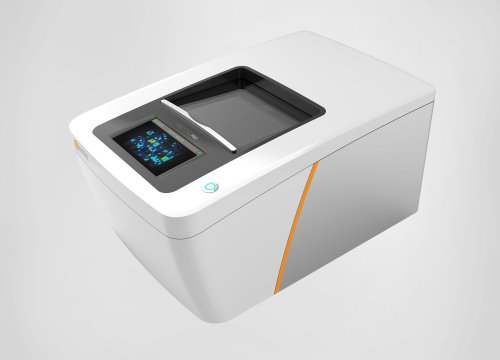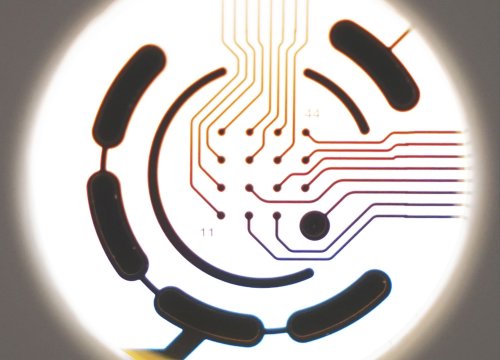Huang CY, Nicholson MW, Wang JY, Ting CY, Tsai MH, Cheng YC, Liu CL, Chan DZH, Lee YC, Hsu CC, Hsu YH, Yang CF, Chang CMC, Ruan SC, Lin PJ, Lin JH, Chen LL, Hsieh ML, Cheng YY, Hsu WT, Lin YL, Chen CH, Hsu YH, Wu YT, Hacker TA, Wu JC, Kamp TJ, and Hsieh PCH.
Cell Reports, 2022.
Scientists use Axion’s Maestro MEA platform and other testing methods to assess the cardiotoxicity and neurotoxicity of multiple compounds in vitro.
Drug toxicities, including cardiotoxicity and neurotoxicity, can lead to failures during the development and clinical trial process, post-market withdrawal of medicinal products, and adverse events in patients. In some cases, population differences in adverse drug reactions and cytotoxicity have been observed among Asian individuals, but there is currently no population-based drug toxicity screening platform. In this study, researchers recruited 1,000 healthy donors in Taiwan to establish a population-based human induced pluripotent stem cell (hiPSC) drug screening platform for toxicity assessment.
To perform a high-throughput toxicity screen and assess activity in the iPSC-derived cardiomyocytes and neurons in vitro, the scientists used Axion’s noninvasive, label-free Maestro platform, and confirmed their results using in vivo mouse models. Overall, the results demonstrated the feasibility of using a population-based hiPSC drug screening platform to assess cytotoxicity, which the authors suggest can be used to study population differences in drug toxicity—findings that may advance precision medicine and improve drug safety.



